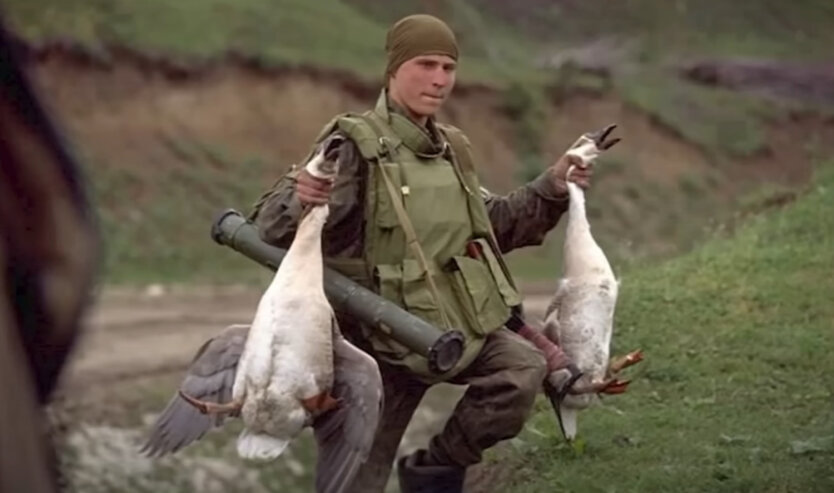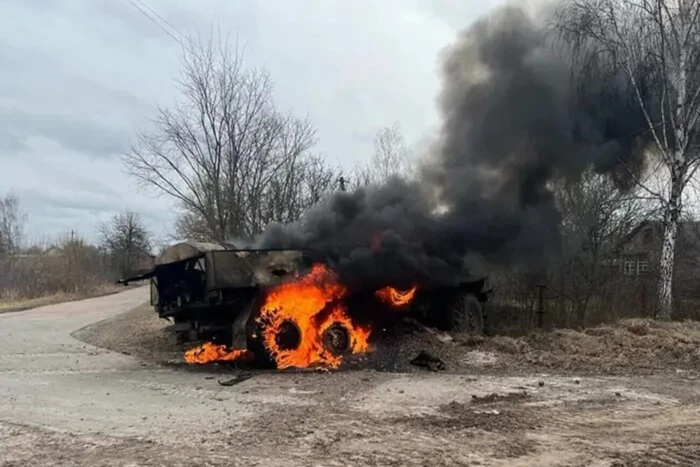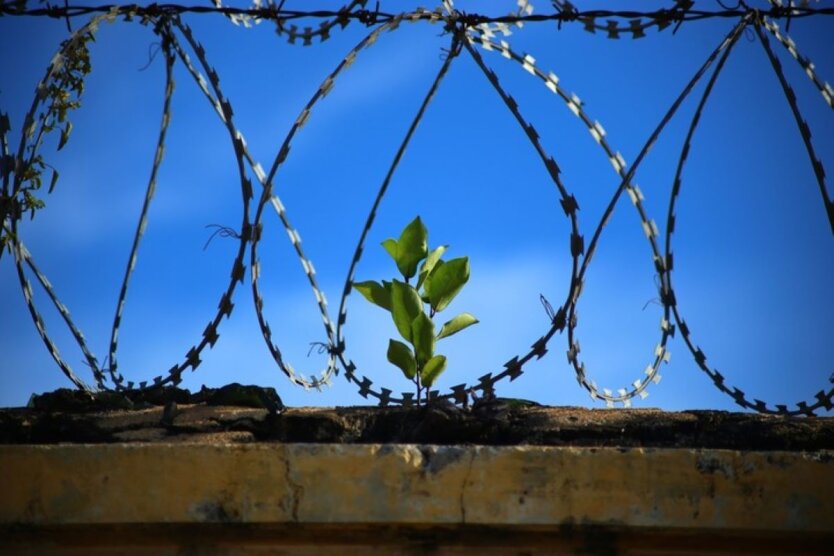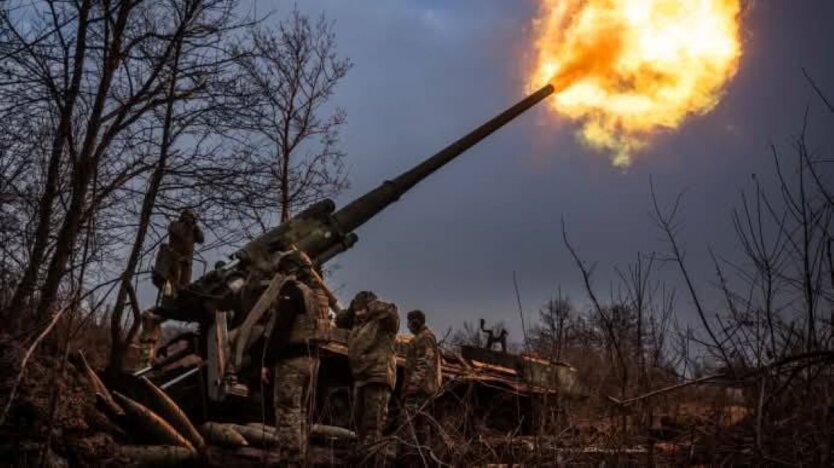“Own” Looters: Why the Residents of Kursk Region Are Not in a Hurry to Evacuate.


In the Kursk region of Russia, which is on the front line with Ukrainian forces, local residents face the threat of looting by Russian military personnel. This creates fear and distrust, forcing people to stay in dangerous areas to protect their property.
Gradually, cases of looting by Russian soldiers are becoming more evident. In a video that appeared online on August 23, three Russian servicemen are seen robbing a Wildberries warehouse. Additionally, there was a robbery of a 'Megafon' store in Glushkovo by two Chechen military personnel.
Local authorities stated that the perpetrators have already been detained. However, residents who have suffered from looting find themselves on the edge as they fear accusations of discrediting the army.
Despite numerous complaints from residents, local authorities do not comment on the situation. The governor of the Kursk region himself declared that there are “no looters”.
Looting is becoming an increasingly serious problem in the Russian army, but no one has yet been convicted for these facts. The fear of looting forces people to stay in dangerous areas, and the fear of the authorities makes them stay silent about the crimes.
The situation demonstrates the complex reality of frontline territories, where local residents find themselves between the hammer of war and the anvil of lawlessness. Moreover, looting continues in the temporarily occupied territories of Ukraine by Russians.
Read also
- Enemy losses as of May 3, 2025 – General Staff of the Armed Forces of Ukraine
- Ukraine is looking for a country to mediate in the return of civilians from Russian captivity
- The Defense Forces are repelling attempts by the Russians to land on Bugaz Island and cross the Dnieper
- Trump's sanctions package against the Russian banking sector and Gazprom: Reuters on the details
- The US State Department approved a package for training and support of F-16s for Ukraine worth $310.5 million
- Ukrainians have already received over 62 thousand extracts from the Register of missing persons










